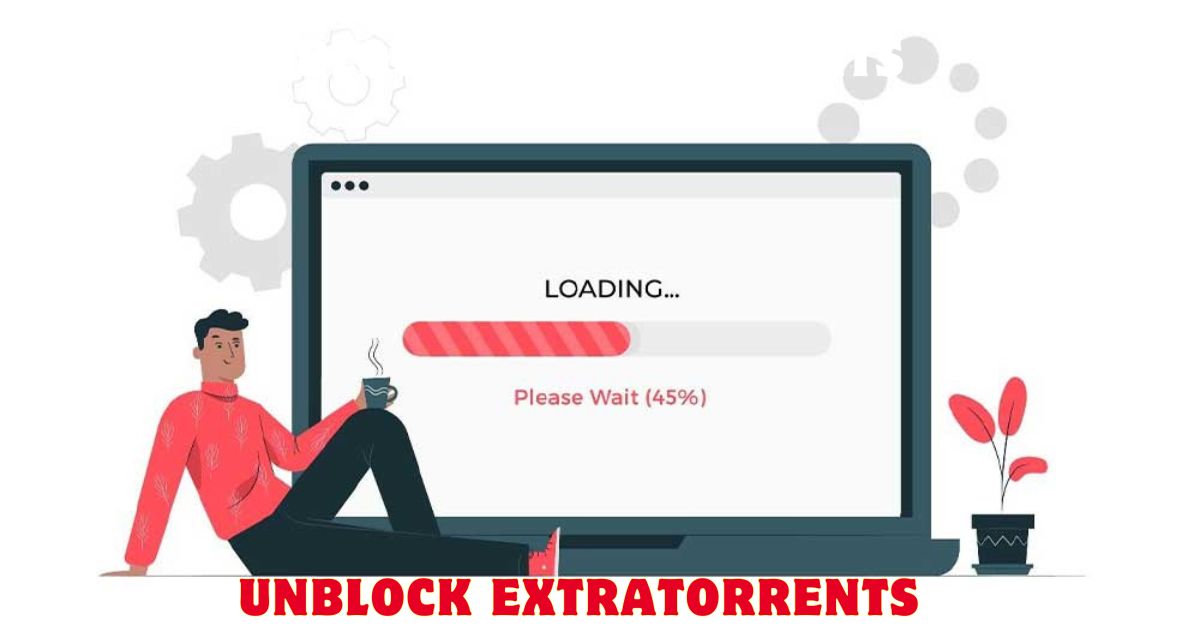In the digital age, the internet has become an indispensable part of our lives, offering unparalleled access to information, entertainment, and communication. One of the more contentious issues in this digital landscape is the topic of online piracy and its associated platforms. Among these, “Extratorrents” has been a notable name. The platform, which was once a popular torrent site, has faced numerous legal and operational challenges over the years. This essay delves into the concept of “unblock Extratorrents,” exploring its implications, the reasons behind the blocks, and the broader context of torrenting and online piracy.
Understanding Extratorrents
Extratorrents was a prominent torrent website that provided users with access to a vast array of movies, TV shows, software, and games through peer-to-peer file sharing. As a torrent platform, it allowed users to download files by distributing the load across multiple computers, thus reducing the strain on any single server. Despite its popularity, the site was frequently subject to legal actions due to the unauthorized distribution of copyrighted material.
The Necessity to Unblock Extratorrents
When discussing the term “unblock Extratorrents,” it is essential to understand why users might seek to bypass blocks. Many people turn to torrent sites like Extratorrents for various reasons, including accessing content that is not readily available in their region or for cost-effective alternatives to paid services. The quest to “unblock Extratorrents” often stems from frustrations with geographical restrictions, censorship, and legal restrictions imposed by governments and internet service providers (ISPs).
Reasons for Blocking Extratorrents
The frequent blocking of Extratorrents and similar torrent sites can be attributed to several factors. First and foremost is the issue of copyright infringement. Torrent sites often host or link to files that are copyrighted, which can lead to significant legal disputes. Content creators, including filmmakers, musicians, and software developers, argue that unauthorized distribution undermines their revenue and intellectual property rights.
Governments and ISPs block access to these sites as part of their efforts to combat piracy and enforce copyright laws. By blocking sites like Extratorrents, they aim to reduce the availability of pirated content and protect the interests of copyright holders. These measures, however, often lead to a cat-and-mouse game between users seeking to “unblock Extratorrents” and the authorities implementing these blocks.
The Impact of Blocking Extratorrents
Blocking access to Extratorrents and similar sites has significant ramifications for users and content creators alike. On the user side, the block often leads to frustration and a search for alternative methods to access desired content. This can include the use of VPNs (Virtual Private Networks) or proxy servers to bypass restrictions, which, while effective, may not always provide a seamless experience.
For content creators and copyright holders, the blocking of torrent sites can be a double-edged sword. On one hand, it may reduce the immediate availability of pirated content, potentially protecting their revenue streams. On the other hand, determined users often find alternative ways to access similar content, and the overall impact on piracy rates can be hard to measure.
The Broader Context of Torrenting
To fully grasp the implications of “unblock Extratorrents,” it’s important to consider the broader context of torrenting. Torrenting itself is a legitimate technology used for sharing large files efficiently. For instance, it is used in many legal contexts, such as distributing open-source software or public domain content.
However, the association of torrenting with illegal activities has led to a general perception of it being a tool for piracy. This dichotomy complicates the debate around blocking and unblocking sites like Extratorrents. While the technology is neutral, its applications can vary widely, and the legal and ethical implications depend on the content being shared.
Legal and Ethical Considerations
The debate over whether to “unblock Extratorrents” or similar sites often brings up legal and ethical questions. Legally, the distribution of copyrighted content without authorization is considered a violation of intellectual property rights. This stands in contrast to the ethical considerations of access to information and content.
Advocates for unblocking argue that access to information and media should not be restricted, especially in cases where official channels do not provide the desired content. They also point out that in some regions, the availability of content can be limited due to regional licensing agreements.
On the other hand, content creators and copyright holders argue that piracy undermines their ability to earn a fair income from their work. They contend that the unauthorized distribution of their content can have serious financial repercussions and that protecting intellectual property rights is essential for encouraging creativity and innovation.
Technological Solutions and Alternatives
As the debate over “unblock Extratorrents” continues, various technological solutions and alternatives have emerged. VPNs and proxy servers are commonly used to bypass geo-blocks and access restricted sites. These tools can mask a user’s IP address and make it appear as though they are accessing the internet from a different location.
In addition, the rise of legal streaming services and digital distribution platforms has provided users with more options for accessing content. Services like Netflix, Amazon Prime Video, and Spotify offer vast libraries of movies, TV shows, and music for a subscription fee. These platforms aim to provide a legal alternative to piracy by offering a wide range of content in an accessible and affordable manner.
The Future of Torrenting and Access
Looking ahead, the future of torrenting and access to sites like Extratorrents is likely to involve a continued balancing act between legality, user demands, and technological advancements. As copyright laws evolve and enforcement mechanisms become more sophisticated, users will need to navigate a complex landscape of digital rights and restrictions.
The ongoing challenge for both users and content creators is finding a middle ground that respects intellectual property rights while addressing the legitimate needs and desires of content consumers. Innovations in digital rights management (DRM), content distribution, and user access may shape the future of how we interact with torrenting technology and the content we seek.
Conclusion
The phenomenon of “unblock Extratorrents” highlights the complex interplay between technology, legality, and user access. While torrenting technology itself is not inherently illegal, its association with piracy and the challenges of enforcing copyright laws lead to frequent discussions about blocking and unblocking. Understanding the reasons behind these blocks, the impact on users and content creators, and the broader context of torrenting is crucial for navigating the digital landscape of today. As technology and legal frameworks continue to evolve, the quest to “unblock Extratorrents” reflects ongoing debates about access, intellectual property, and the future of digital content distribution.
Read More: Carcomolaints: Understanding and Addressing Common Issues







